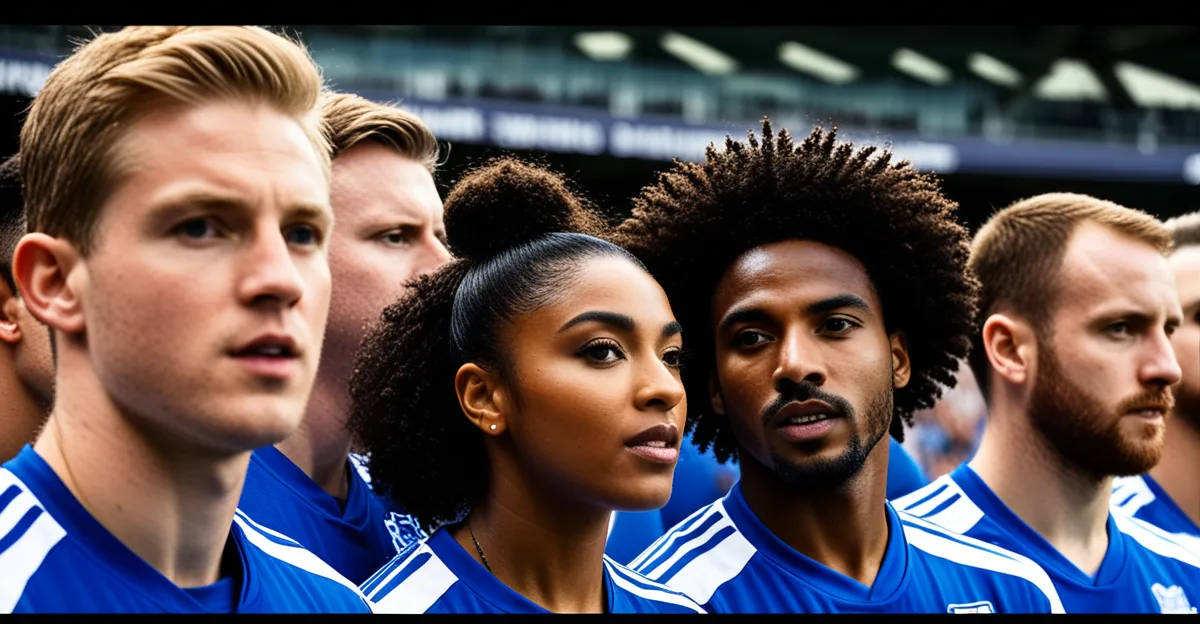Strategies and Policies Implemented by UK Sports Teams
UK sports teams have increasingly embraced diversity and inclusion strategies by formally adopting policies that align with official guidelines from governing bodies such as the FA and the Premier League. These UK sports teams policies often integrate diversity goals directly into the organisational strategy, ensuring that inclusion is not just an add-on but a core part of the club culture.
These strategies typically involve setting clear objectives to promote equal opportunities within squads and staff, alongside mechanisms to address discrimination swiftly and fairly. A common approach includes embedding official guidelines into recruitment, training, and community engagement initiatives.
Also read : How Can We Boost the Future of UK Sports?
Moreover, aligning with governing body recommendations ensures consistency and accountability. For instance, clubs reference the FA’s framework to tailor their internal policies, which supports unified action across the sport. This alignment fosters an environment where inclusivity is standard practice rather than an occasional initiative.
In practice, these robust policies underpin broader efforts to cultivate respect and belonging, vital for teams aiming to reflect the communities they represent. The sustained focus on formalising diversity and inclusion strategies helps UK sports teams maintain progressive, accountable approaches in an evolving sports landscape.
Also to read : What role do UK sports play in boosting local economies?
Training and Education Programs
Diversity training and inclusion workshops are now fundamental to UK sports teams policies. These programs are typically mandatory for players, coaching staff, and administrative personnel. The aim is to raise awareness and foster an inclusive team environment by addressing unconscious bias education as a core component. This education helps individuals recognise ingrained prejudices that can affect decision-making both on and off the field.
External experts are often engaged to deliver these sessions, bringing fresh perspectives and specialised knowledge that align with official guidelines from governing bodies like the FA and Premier League. The collaboration ensures training content stays relevant and impactful.
Feedback mechanisms are integral to these programs. Participant evaluations are regularly collected to refine materials and teaching methods. This continuous loop ensures that diversity training evolves alongside social and cultural developments, reflecting updated UK sports teams policies.
The result is a consistent, organisation-wide understanding of diversity and inclusion strategies, which embeds respect and equity into daily operations. By institutionalising education efforts, sports teams not only comply with official guidelines but also actively nurture a culture where every member feels valued and empowered to contribute fully.


